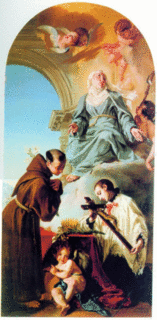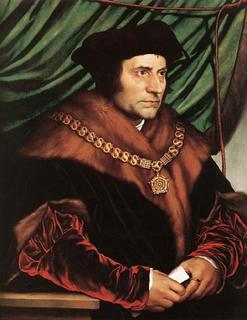
Italy in the fifteenth century was one of division as noble families fought for supremacy in order to rule over all Italy. But it became a place of different factions, where some cities prospered and flourished, whilst others floundered. The larger cities would later amalgamate to form a pact of non aggression as they subsisted beside each other.
During these years Italy was a place of political intrigue, which required many leaders to become accomplished diplomats. But as the course of history runs, peace was always under threat as the French invaded Italy in an attempt to capture for themselves the prosperous city of Florence.
Once again the Pope came under threat and fled to Castel, to elude the French invader Charles Vlll, who upon capturing Florence endeavoured to make himself its King. Under the guidance of Pope Alexander Vl, the neighbouring cities unite to defeat Charles Vlll, which was successful, as the King fled back to his homeland, France.
But it was in the year 1474 that a young child would be born, to parents, Giovanni and Caterina Merici, but it was her mother Caterina who came from a more prosperous family. So though Angela was not born into poverty still they were also not overly wealthy.
Both parents were devout and instilled a great love for their Faith into their children, often reading them stories of the great Saints when the evening meal had been finished and the family gathered around the hearth. Angela particularly loved to hear her Father read the stories of these heroic Saints and in her young heart she longed to become a Saint too, her longing would be fulfilled.
But tragedy was to strike the Merici family when both of Angela's parents died leaving them orphans, they then went to live with their Uncle who did his best to raise them as good children and to love their Faith. Angela and her siblings missed their loving parents dreadfully, this was a heartbreaking time for Angela as she turned to a deeper prayer life to help her cope with such a loss.
Both her Aunt and Uncle took the children to attend the local Church run by the Franciscans, where Angela in particular was drawn to the austere spirituality of the Franciscan Order, with a love for poverty and prayer. This would become the corner stone of Angela's life, and one which her Aunt and Uncle encouraged.
Once Angela had come of age she returned to Desenzano, where she lived a life of deep prayer and mortification, and practiced the works of mercy in her region. It was also during this time that Angela was to be the recipient of Divine Visions, which was to set her on the path to fulfil the Lords Will for her life.
Angela's holiness was to draw many young people into her life who like Angela wished to serve the poor and to love God with all their hearts and minds. It was in 1542 that Angela embarked on a journey to the Holy Land, it was during this trip that Angela was to suddenly suffer from loss of vision but unperturbed she continued with her journey and on her return she regained her sight.
Angela's great concern was for the lack of knowledge of young people in her home area of Desenzano and she sought to remedy this situation by teaching young women the faith. Angela would soon be joined by other ladies who also wished to improve the lot of the poor and to instil in them a love for the Church.
Angela would also visit Rome, even meeting the Pope Clement Vll, who was impressed with her level of devoutness to our Lord and Savior. For Angela harboured in her heart a desire to found a new Order to teach young girls the Faith and to educate them to live holy and responsible lives.
So it was that in 1535, Angela and some female companions made Vows of poverty, to serve God through helping to educate the poor girls of their region. And through Angela's divine visions she placed her Order under the protection of Saint Ursula, who had appeared to her in one of her visions. So even though war was in the air Angela persevered to fulfil God's Will in helping the poor, despite the hardships she was encountering nothing would deter Angela from this course.
Angela and her companions worked hard to educate the young girls, even though they had no formalised Order still they worked diligently while observing a life of prayer, poverty and mercy towards all who came into their path.
Angela Merici's Order was to be formally recognised by the Church by Pope Paul lll four years after Angela's death.
It was in 1568 that Angela's group of female companions would formalised into a cloistered Religious Order, which became world wide as The Ursuline Order of Religious.
Angela Merici died in 1540.
Saint Angela Merici was canonised in 1807 by Pope Pius Vll.
Peace of Christ to you ALL
Copyright © 2005 Marie Smith. All rights reserved.



